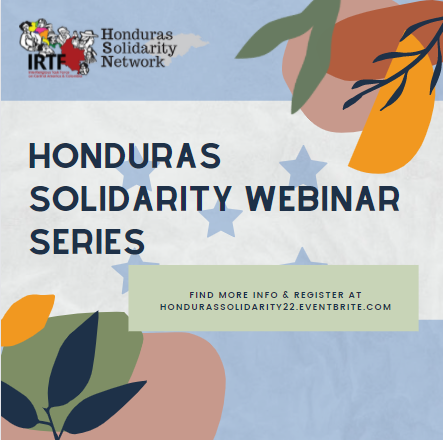We wrote to officials in Honduras about the continued destruction of the 200-year-old Azacualpa community cemetery in La Unión, Copán Department. As we described in previous letters (cf December 2, 2021 and January 25, 2022), army and police were deployed to ensure the exhumations of graves, to facilitate expansion of the San Andrés gold mine, which is owned by US- and Canada-based Aura Minerals and operated by its Honduran subsidiary MINOSA (Minerales de Occidente SA).
On March 30, 2022, the State of Honduras ordered MINOSA to stop its operations. Given the history of this case, we are skeptical that MINOSA will abide. We are deeply troubled by the indifference with which the mining company reacts to the issued court orders. It shows clear disrespect for the Indigenous Maya-Chortí community whose loved ones have been exhumed and whose territorial rights have been violated.

